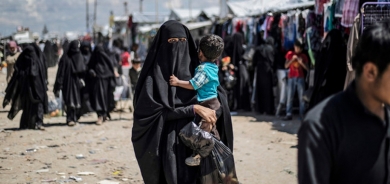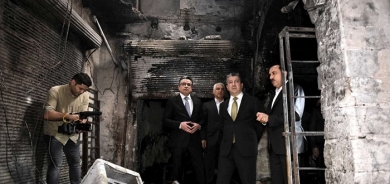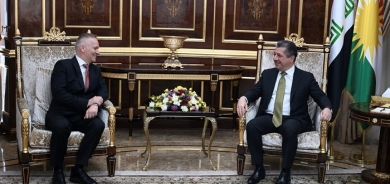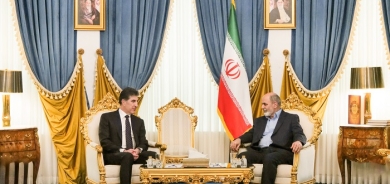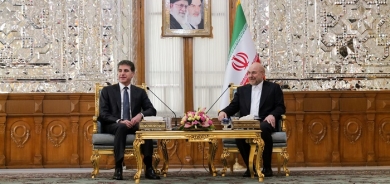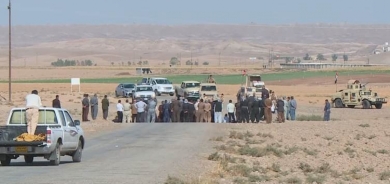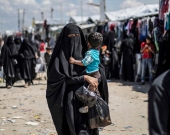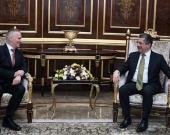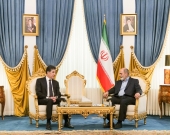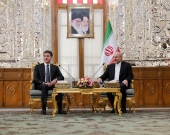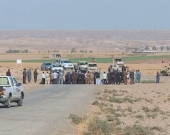Iraqi Private Banks Face U.S. Curbs Over Alleged Dollar Smuggling to Iran
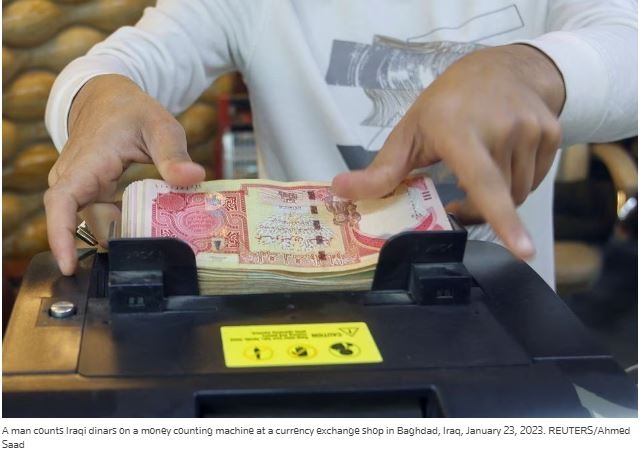
Fourteen Iraqi private banks are challenging measures imposed by the United States, accusing them of aiding in the illegal transfer of U.S. dollars to Iran. The U.S. financial authorities recently prohibited these banks from conducting dollar transactions as part of a broader effort to crackdown on dollar smuggling to Iran through the Iraqi banking system.
In response to allegations of assisting in the illicit transfer of U.S. dollars to Iran, fourteen Iraqi private banks have come forward, stating their readiness to challenge the measures imposed by the United States. The U.S. financial authorities recently barred these banks from engaging in dollar transactions, as part of a larger crackdown on dollar smuggling to Iran through the Iraqi banking system. Iraqi central bank officials confirmed the actions taken by the U.S. authorities.
The measures taken by the U.S. authorities have significantly impacted the operations of these Iraqi banks. The U.S. State Department deputy spokesperson, Vedant Patel, clarified that these actions are not sanctions, as stated by Iraq's Central Bank governor. Instead, the Treasury Department and the Federal Reserve Bank of New York withdrew the banks' access to the Central Bank of Iraq's foreign currency sale window, which includes dollar and wire auctions.
The U.S. authorities justified their actions as an effort to curb money laundering, prevent the exploitation of funds belonging to the Iraqi people, and enforce U.S. sanctions on Iran. However, the affected Iraqi banks maintain that they are ready to face audits and challenge the accusations, while also seeking assistance from Iraqi authorities.
Iraqi central bank (CBI) Governor Ali al-Allaq addressed the issue, mentioning that he had no indication that the U.S. would impose further sanctions on additional Iraqi banks. He also pointed out that other banks in the country could adequately meet the market's dollar transaction needs, with the targeted 14 banks accounting for just 8% of external transfers. Although these banks have been banned from conducting dollar transactions, they can still use Iraqi dinars and other foreign currencies for their operations.
The transactions that led to the U.S. curbs reportedly occurred in 2022, before the CBI implemented tighter regulations on dollar transfers. These regulations now require applicants to use an online platform and provide comprehensive information about end-recipients. Such measures align with U.S. regulations aimed at preventing the illegal flow of dollars to Iran and exerting pressure on the country concerning its nuclear program and other disputes.
Representing the fourteen affected banks, Haider al-Shamma expressed concern that the sanctions could further weaken Iraq's currency. The Iraqi dinar has already experienced a decline, falling from under 1,500 dinars per U.S. dollar to 1,580 as of the latest available data. The central bank of Iraq attributes the dinar's depreciation partly to merchants, including those engaging in illegitimate financial transactions, sourcing currency from the black market instead of the official platform.
The recent U.S. measures, coupled with previous curbs imposed on eight other banks, have resulted in nearly one-third of Iraq's 72 banks being blacklisted, according to two Iraqi central bank officials. Al-Shamma emphasized that enforcing sanctions on such a significant portion of Iraqi private banks conducting dollar transactions could have severe consequences not only on the value of the Iraqi dinar against the U.S. dollar but also on foreign investments. He asserted that Iraqi banks are independent financial institutions and should not be penalized for political tensions beyond their control.

